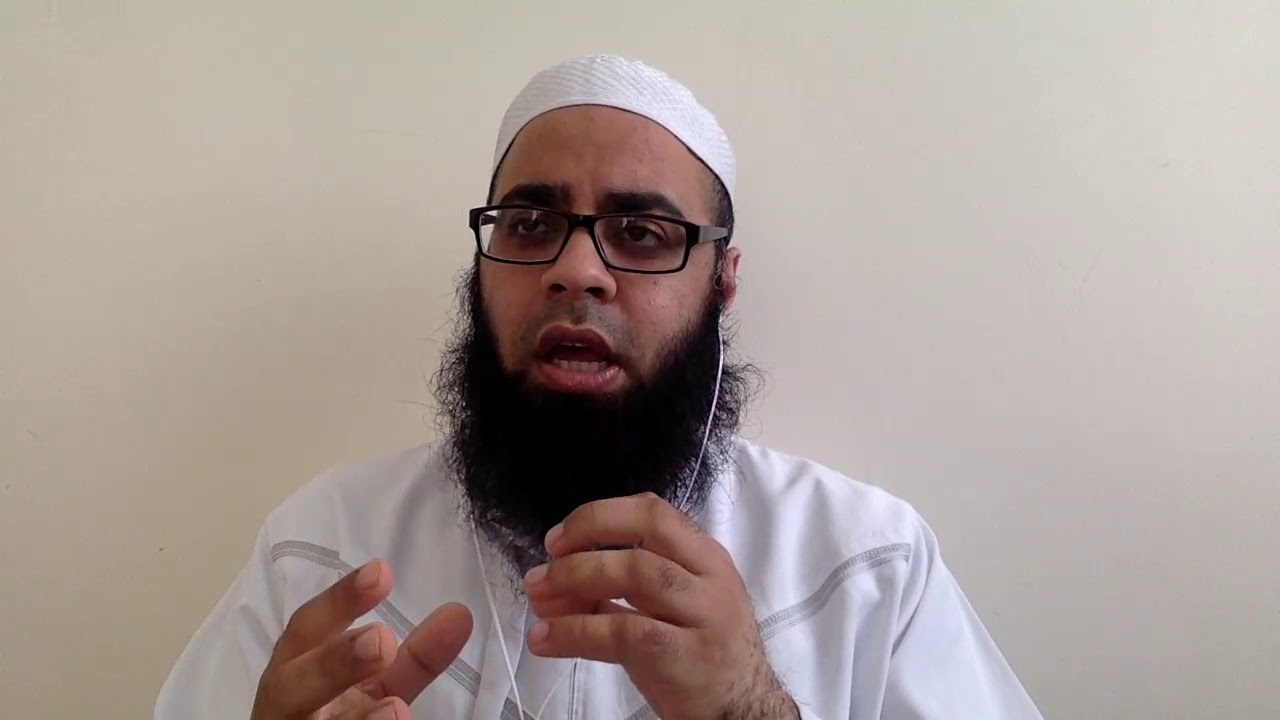This is iA the most comprehensive resource for this question on the internet.
We present views from Shariaboard, Islamweb, Sh. Assim Al-Hakeem, Mufti Faraz Adam, and Mufti Barkatulla, then our resident expert Mufti Billal Omarjee presents his views, and finally IFG present a commercial perspective on the matter.
View One: Shariaboard.org
Regarding this issue, please review this fatwah in light of the fatawah issued from Darululoom Deoband and Jamia Uloom al-Islamiyah Binnori Town with significant variation.
Bitcoin or any other digital currencies are just imaginary currencies. They does not exhibit the fundamental qualities and conditions of real currencies, at all. And these days the trade adopted with such currencies over the internet and web applications, does not really involve any mabie‘ (actual buying and selling), neither does it fulfill the basic Shar‘ai conditions for the provision of bay‘. Instead, in reality, it is a form of interest and gambling which is based on an ambiguous transaction and fraud. Therefore, the businesses running in form of buying and selling of bitcoins or any digital currencies on the internet are not Halal (i.e. impermissible) in light of the Islamic Shari‘ah and it is also impermissible to invest money in them.
(Extracted from: Darul-Ifta Darululoom Deoband, Fatwa#: 155068 and 155275, October 12th 2017 & Jamia Uloom Islamiyah Binnori Town Karachi, Rajab al-Murajjab, 1438 Hijri)
Source: here
View Two: Islamweb
It is forbidden to work in a bank that deals with Riba (i.e. interest and/or usury) except in case of necessity in a way that you do not find a permissible job to spend on yourself and on whomever you are obliged to spend. However, the necessity is valued according to its proper value and whenever you find another permissible job, it becomes forbidden for you to stay in that bank; for more benefit, please refer to Fataawa 127388 and 142583 .
As regards taking a loan from this bank with interest, then this is not permissible as this is making other people consume Riba and it is confirmed in the Hadeeth that “ Allaah has cursed the one who consumes Riba (i.e. usury or interest), and the one who gives it to others to consume. ” [Muslim]
Finally, the good objectives should not be achieved by forbidden means.
Source: here
View Three: Shaykh Assim Al-Hakeem
View Four: Mufti Barkatulla
At a recent workshop of Islamic Finance practitioners and crypto/digital currency developments organized by a newly formed body, the Islamic Finance and Crypto-Currency, IFCC, leadership summit in London, participants spoke their mind about the topic. As an Islamic Finance Sharia Scholar, I expressed my feelings.
Firstly, as is the case with media, regulators, bankers, and financial institutions, current vocabulary fails to properly express an emerging phenomenon of Blockchain technology and digital/virtual/crypto currencies. Attitudes vary between high hopes and sceptics. Sharia opinions are no exception. Cursory fatwas, or Sharia opinions, from Malaysia and Qatar are sceptical. Some declare it outright impermissible, due to its intangibility, volatility, and non-convertibility into goods or services. There is no shortage of Sharia opinion on the internet.
Many scholars are comfortable treating a crypto-currency as being at par with fiat currency notes and coins. Those include Islamweb.net (fatwa # 251170, 231460 and 11074) and Dr Munzir Kahf of Qatar Faculty of Islamic Studies. Some enthusiasts declare it most akin to be compatible with principles of Islamic Sharia law and more suitable to Islamic modes of finance such as Blossom Finance, a microfinance firm based in Indonesia. Matthew J. Martin is the founder of the entity.
The history of money began well before the advent of Islam and Islamic Civilization. Roman and Byzantine gold, silver and copper coinage were common in pre-Islamic Arabia. During 40 years of Caliphs and early 30 years of the Ummayad period these foreign coins remained in circulation. It was during Hijra years 70s (CE 690s) onward that Islamic coinage came into circulation. For the best early part of Islamic civilization, means of payment remained neutral to the system of Islamic moral guidance into the realm of money. Consequently, it is safe to assert that Islamic Sharia Law is more concerned with morality of financial transactions rather than its form or modus operandi. Any money or currency is neither halal – permissible – nor haram – impermissible. Guidance is about its value which it represents. If money is transacted in a lawful manner then it is halal . Values or rights of people represented by a real/virtual currency or coin should not be violated or undermined. The exchange and transfer of values with justice and through legitimate means is the main concern of Sharia, not the form or shape of the medium.
The basic Sharia requirement for a means of payment for goods and services to be recognized as an acceptable tender of settlement is that it should be acceptable to substantial number of counterparties in a given demography or community. As such crypto-currencies vary in their qualification for that status. This is why there are conflicting views among regulators, merchants, and Sharia scholars.
Among Islamic activists, there exists the ‘ metallist ’ school, which see money as a commodity, a thing with its own inherent value – and one which governments should leave alone as much as possible. They are represented by ‘Gold Dinar’ promoters in the Far and Middle East. By contrast, for the ‘ chartalist ’ school, money is a complex system of credit relationships, which allows value to flow within a society. For these people currency is just the token around which the monetary system is arranged. Governments have a role to play in managing this system and, thus, the economy.
Classic Islamic Jurists contemplated that: ‘Anything that is generally accepted by the public can fulfil the role of money’. Thus money is, primarily, a medium of exchange and not a commodity. The price of this money (interest) must be zero.
I argued that a Bitcoin-style crypto currency may constitute an effective instrument for the further development of Islamic finance. Islamic finance imposes different requirements compared to conventional financial policies on a monetary instrument concerning its use as a tool for achieving social and economic justice. Most eminent Sharia scholars are keeping their minds and hearst open and maintain a close observation on developments in the crypto-currency world.
What we need is not a burst of cursory fatwas and other brief remarks, but the sponsorship of scholarly research papers on the position of crypto-currencies and Sharia.
The crypto-currency market is still in its infancy and as a whole remains a niche within the global financial system . A 2015 report by PriceWaterhouseCoopers ( Money is no object ) on crypto currency concludes:
‘Clearly, there are challenges for crypto-currency in the near term. With so many of its characteristics falling between a currency, a financial asset, and a technology protocol, the pace of growth and adoption may splinter the industry. As a disruptive technology, it will continue to divide opinion and face scepticism’
As regulatory standards are adopted and refined, creative products enter the market, and the prices of the various crypto currencies stabilise, we will see greater confidence on the part of all market participants in including Islamic Finance practitioners, promoters and Sharia Scholars, who are the gate keepers of industry.
Professor Charles W. Evans in his recent research (published in Journal of Islamic Banking and Finance ) concludes that Bitcoin or a similar system might be a more appropriate medium of exchange in Islamic banking and finance than interest-bearing central bank fiat currency, especially among the unbanked and in small-scale cross-border trade.
As an optimist onlooker, I am delighted to note Professor Evans’ assertion that: ‘A group of Islamic Banks could organize a virtual currency exchange under the principle of musharakah, in order enable those banks’ customers to buy and sell crypto-currency efficiently, in order to transfer value amongst themselves and to bypass the inefficiencies of the status quo banking system. If this exchange maintained a very narrow bid/ask spread and charged no other fees, and restricted access to customers of the member banks, this could create an incentive for Muslims and non-Muslims alike to bank with member banks’.
I wholeheartedly support all such endeavours to advance the scope and reach of new phenomenon, such as virtual/crypto currencies based on Blockchain in the next wave of innovative Islamic banks.]
Source: here
View Five: Mufti Faraz Adam
Mufti Billal Omarjee view:
My view is that Bitcoin in itself is halal to purchase and trade. However, in the UK context, I do not currently see it as a recognised currency from a shariah perspective.
Which means my approach to Zakat on BTC might slightly be different to those who who see it as a valid currency.
Secondly, depending on which market BTC is traded, I do not think that some of the specific shariah rules pertaining to currency trading will apply.
The IFG view:
Our view is summarised in this article.
Our view is not fully set as can be seen in that article regarding cryptocurrencies generally, however regarding bitcoin we are fairly comfortable seeing that as permissible as we view it as another currency or asset (in either case it is a permissible one).
With regards to other cryptocurrencies - that really depends on the type of cryptocurrency it is and how its economics and tokenisation works. There are some cryptocurrencies that require a degree of gamification and gambling in order to create or remunerate holders of tokens - and these would be problematic.

